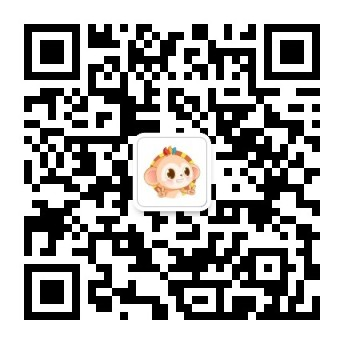Go语言提供了另外一种数据类型即接口,它把所有的具有共性的方法定义在一起,任何其他类型只要实现了这些方法就是实现了这个接口。
接口的定义
/* 定义接口 */type interface_name interface {method_name1 [return_type]method_name2 [return_type]method_name3 [return_type]...method_namen [return_type]}/* 定义结构体 */type struct_name struct {/* variables */}/* 实现接口方法 */func (struct_name_variable struct_name) method_name1() [return_type] {/* 方法实现 */}...func (struct_name_variable struct_name) method_namen() [return_type] {/* 方法实现*/}
实例
package mainimport ("fmt")type Phone interface {call()}type NokiaPhone struct {}func (nokiaPhone NokiaPhone) call() {fmt.Println("I am Nokia, I can call you!")}type IPhone struct {}func (iPhone IPhone) call() {fmt.Println("I am iPhone, I can call you!")}func main() {var phone Phonephone = new(NokiaPhone)phone.call()phone = new(IPhone)phone.call()}
在上面的例子中,我们定义了一个接口Phone,接口里面有一个方法call()。然后我们在main函数里面定义了一个Phone类型变量,并分别为之赋值为NokiaPhone和IPhone。然后调用call()方法,输出结果如下:
I am Nokia, I can call you!I am iPhone, I can call you!


